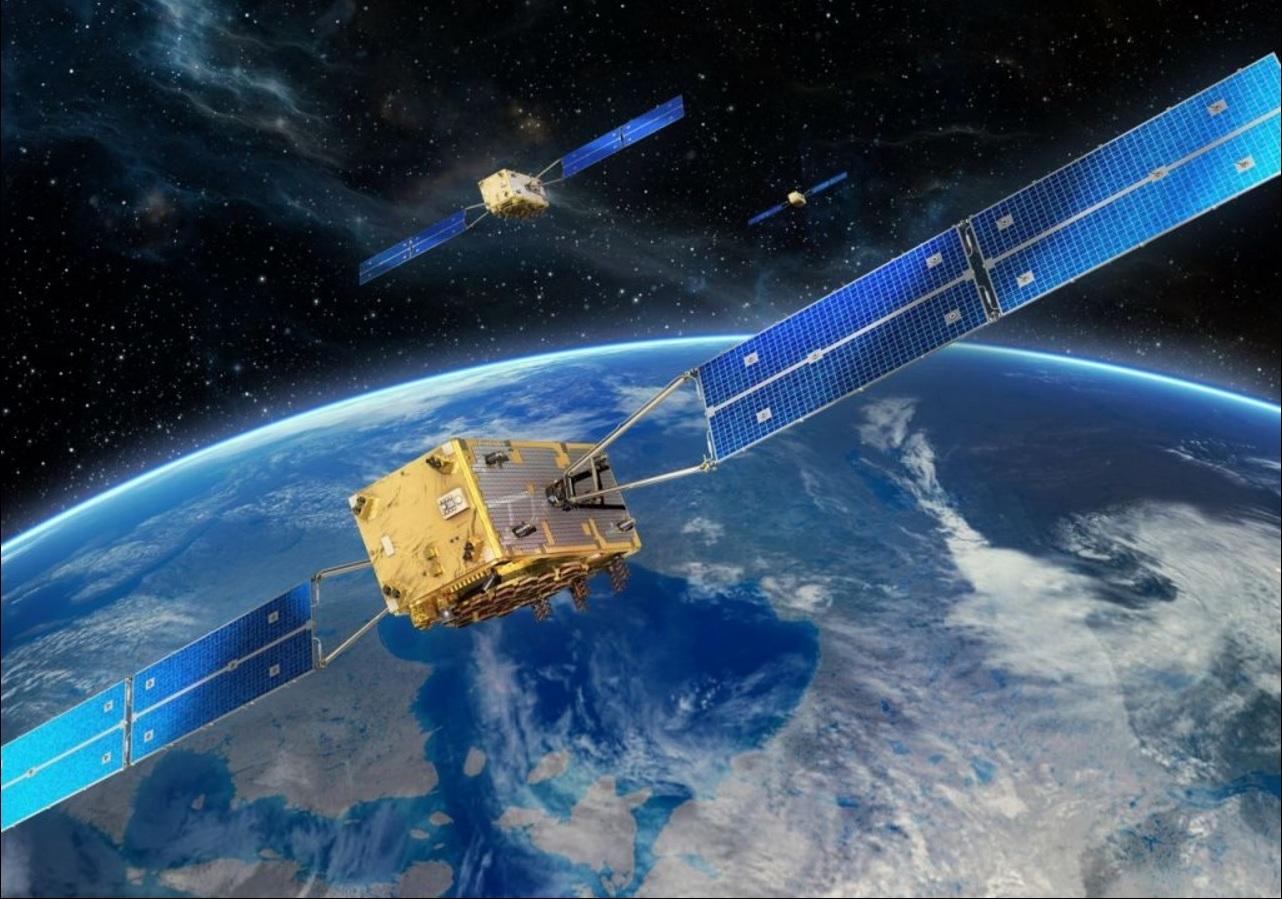The European Union’s Global Navigation Satellite Systems Agency (GSA) has officially launched the EDG2E project with a consortium led by Thales to further optimise aviation navigation with Galileo.
The European Union’s Global Navigation Satellite Systems Agency (GSA) has officially launched the EDG2E project (Equipment for Dual frequency Galileo GPS and EGNOS) with a consortium led by Thales. This four-year project intends to develop a dual-frequency multi-constellation receiver, enabling enhanced navigation capabilities, support standardisation and certification preparation.
The consortium includes Thales, Thales Alenia Space and ATR, as well as contributions from Dassault Aviation and the French Civil Aviation Authority (DGAC).
The GNSS receiver processes signals from satellite constellations and the Space Based Augmentation System (SBAS) to accurately determine aircraft position, altitude and velocity. The prototype receiver developed under the auspices of the EDG2E project will use signals from U.S. GPS and European Galileo positioning systems, as well as from SBAS multi-constellation EGNOS.
The project aims to achieve a prototype demonstration by 2021. The prototype receiver performance will be evaluated during a flight test campaign performed by ATR using one of the company’s test aircraft.
Initiated by the European Commission’s Global Navigation Satellite Systems Agency (GSA), the EDG2E project will support the launch of the Galileo satellite constellation.
EGNOS has been certified for use in aviation since February 2011 to complement the U.S. GPS, in order to provide better levels of performance. The next generation of EGNOS, called EGNOS V3, will be designed to further enhance performance by complementing both the EU Galileo and the U.S. GPS satellite navigation constellations.
At the end of the EDG2E project, a new standard for GPS Galileo and SBAS aviation receivers will be completed, and the first SBAS dual-frequency GPS Galileo receivers for aviation will be ready for final development.

